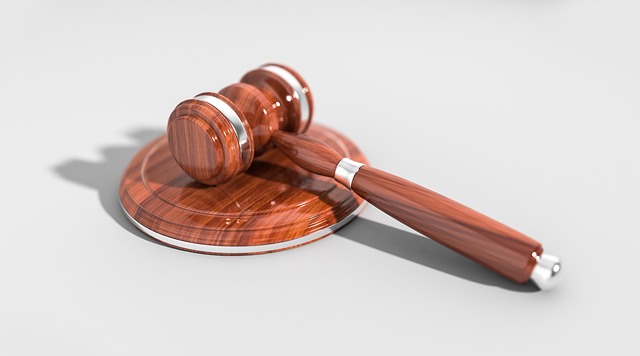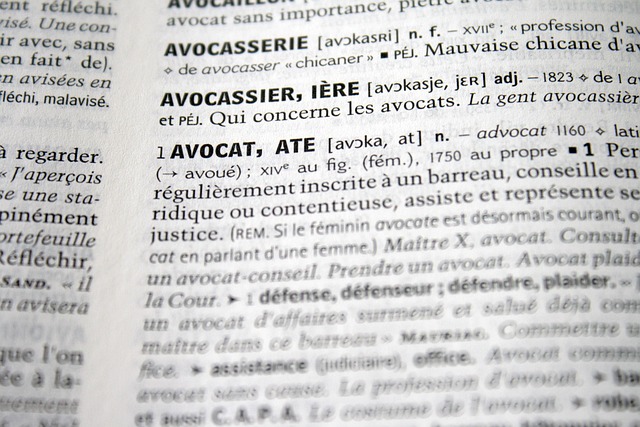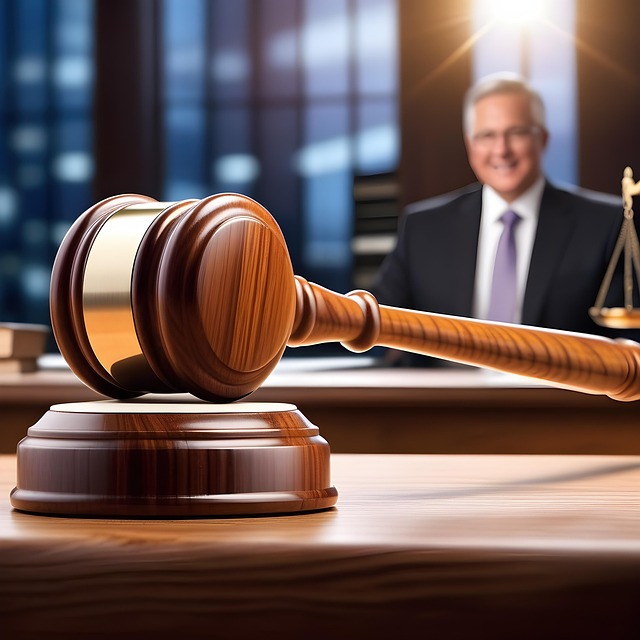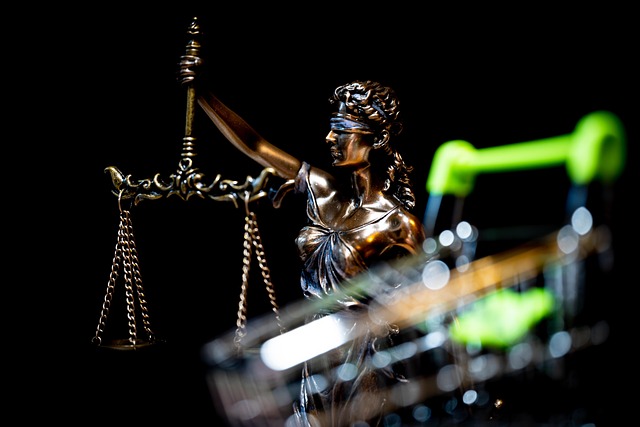Understanding defendants' rights within the criminal justice system is crucial for navigating legal complexities and ensuring fair outcomes. Key rights, such as the right to remain silent, legal counsel, a speedy trial, and an impartial jury, protect individuals from unfair treatment and form the basis for just proceedings. The balance between law enforcement and defense lawyers is vital, especially in high-stakes cases, where both sides must operate within legal boundaries to maintain the integrity of the system.
“Criminal law enforcement is a complex interplay between the pursuit of justice and the protection of individual rights. This article explores the intricate dynamics within the criminal justice system from the defendant’s perspective. We delve into their fundamental rights, ensuring fair trials and impartial treatment. Balancing law enforcement’s duties with the preservation of defendants’ rights is crucial for maintaining a just and equitable legal process. Understanding these aspects illuminates the complexities faced by those involved in criminal cases.”
- Understanding the Criminal Justice System: A Defendant's Perspective
- Key Rights of Accused Individuals: Ensuring Fair Trials
- The Balance Between Law Enforcement and Protecting Defendants' Rights
Understanding the Criminal Justice System: A Defendant's Perspective

Understanding the criminal justice system from a defendant’s perspective is crucial for navigating the complexities of legal proceedings. In any criminal case, defendants have specific rights that are designed to protect them from unfair treatment and ensure a just trial. These include the right to be informed of the charges against them, the right to remain silent, and the right to an attorney. Knowing and exercising these rights is essential for avoiding potential pitfalls during the investigation and prosecution stages.
The process involves various steps, from initial arrests and bail hearings to pretrial motions and, ultimately, jury trials. Defendants must be aware of their options, such as pleading guilty or innocent, and the consequences of each decision. They also have the right to confront witnesses against them and present evidence in their own defense. Understanding these procedures and rights is key for defendants to actively participate in their respective business within the criminal justice system and ensure a fair outcome.
Key Rights of Accused Individuals: Ensuring Fair Trials

In any criminal law enforcement system, safeguarding the rights of accused individuals is paramount to ensuring fair trials. Defendants in high-stakes cases face significant challenges, from avoiding indictment to navigating complex legal procedures. It’s crucial that they be informed of their rights at every stage of the process. These include the right to remain silent, ensuring their statements can’t be used against them, and the right to legal counsel, allowing them access to a lawyer for defense.
Additionally, accused persons have the right to a speedy trial, protecting them from prolonged pre-trial detention. They also enjoy the privilege of a fair and impartial jury, who are tasked with objectively evaluating the evidence presented by both parties. Across the country, these rights are enshrined in law, forming the bedrock for just and equitable criminal proceedings, even as cases vary in complexity and severity.
The Balance Between Law Enforcement and Protecting Defendants' Rights

In the pursuit of justice, the relationship between law enforcement and the protection of defendants’ rights is a delicate balance that varies significantly from case to case, especially in high-stakes situations. While officers are tasked with upholding the law and ensuring public safety, lawyers specialize in defending those accused, protecting their constitutional rights, and providing a fair trial. This dynamic becomes even more crucial in complex white collar defense scenarios where unprecedented track records are often at stake.
Navigating this balance requires a nuanced understanding that both sides must operate within legal boundaries. Law enforcement must gather evidence responsibly to avoid breaches of privacy or due process. Conversely, defendants’ rights advocates ensure that the state meets its burden of proof fairly and justly, preventing any potential abuses. This interplay is essential to maintaining integrity in the criminal justice system, ensuring that justice is not only served but also perceived as such by all involved.
In navigating the criminal justice system, striking a delicate balance between effective law enforcement and safeguarding defendants’ rights is paramount. As discussed, understanding one’s rights as a defendant is crucial for ensuring fair trials and maintaining the integrity of the justice process. By recognizing and upholding these rights, we foster a system that protects both individuals and society at large, ultimately reinforcing public trust in our legal institutions.






